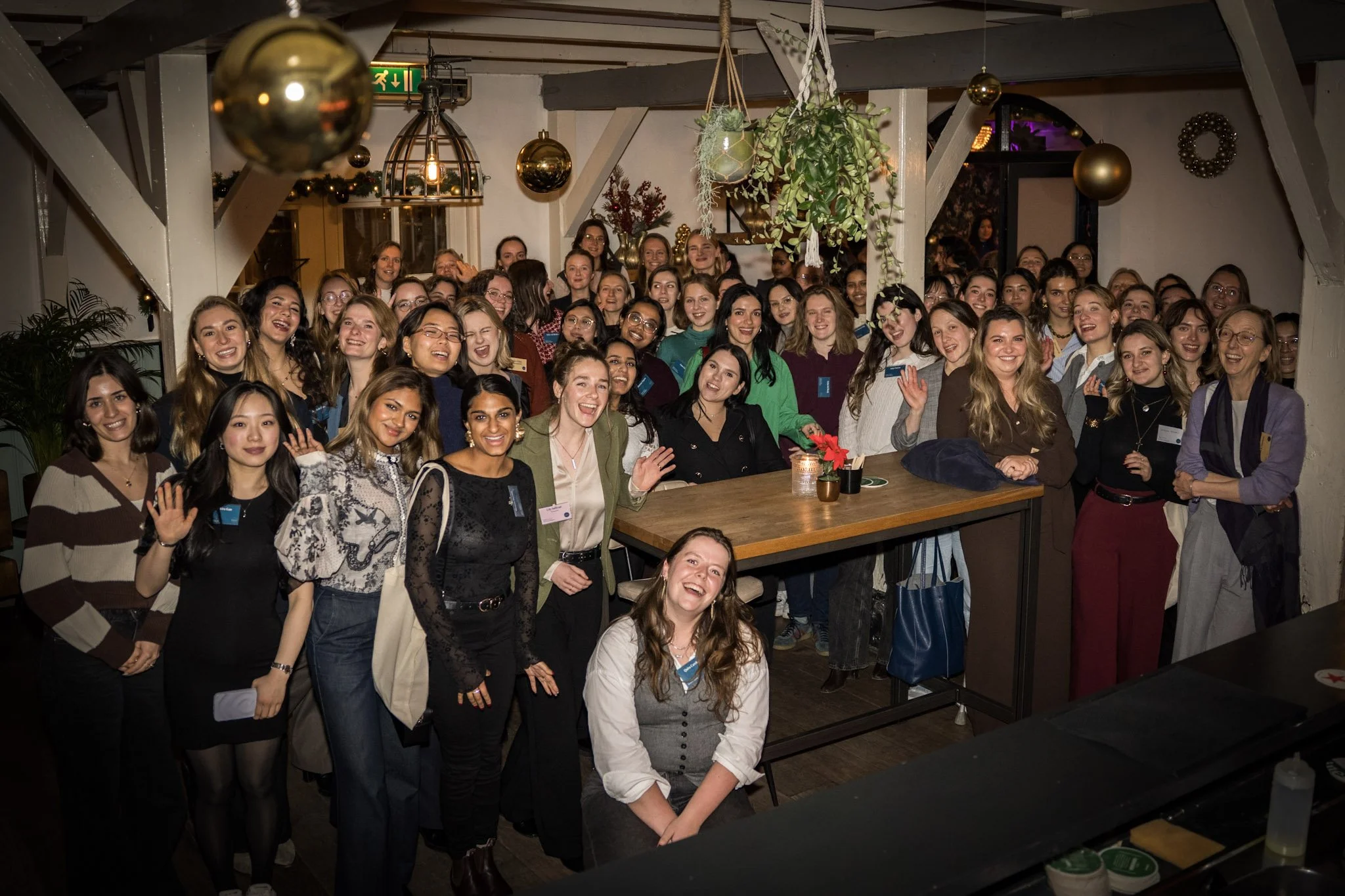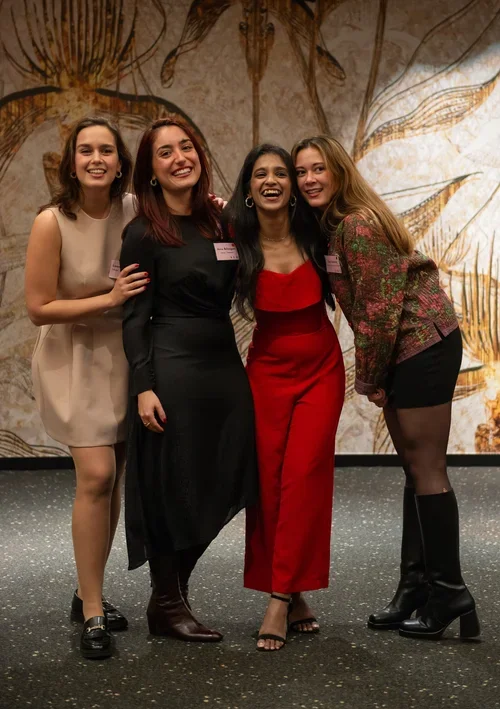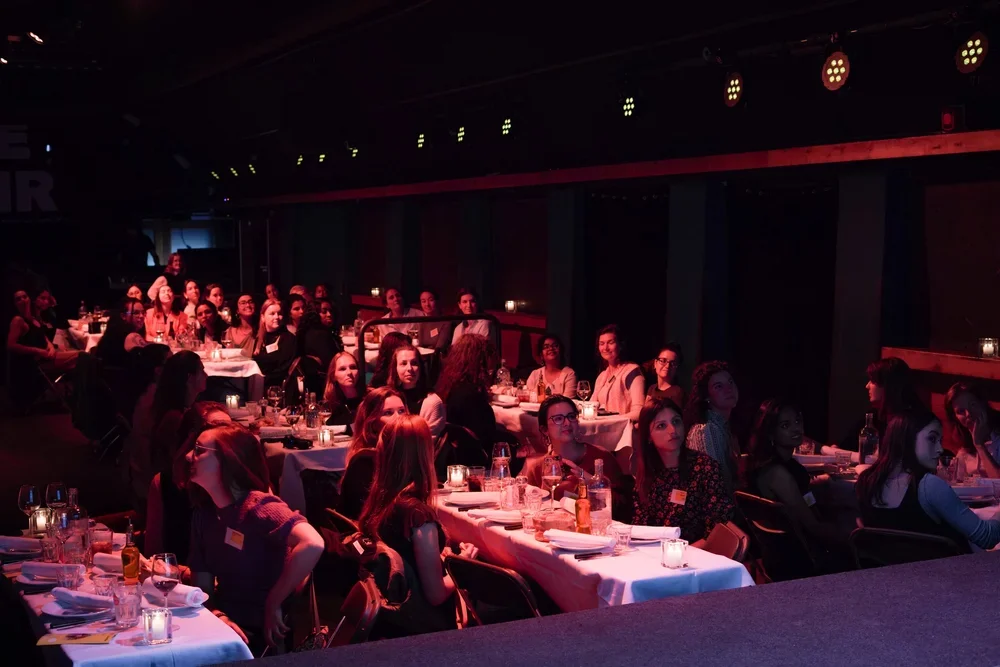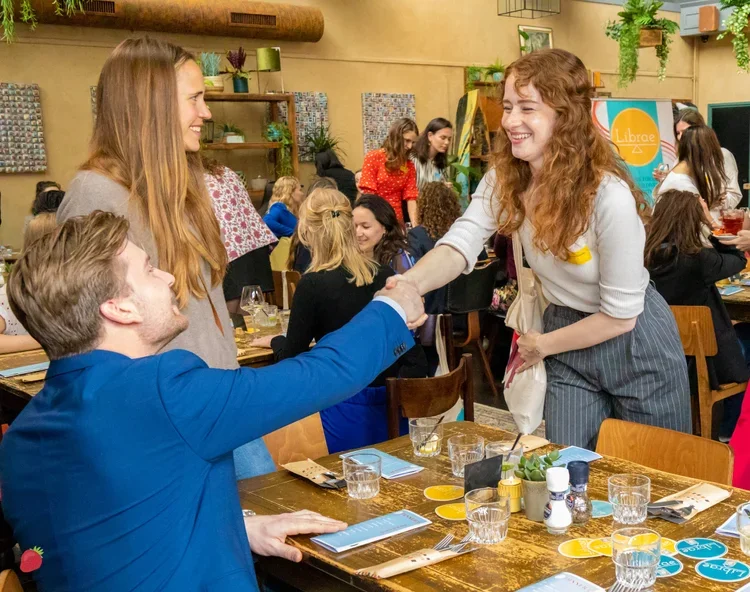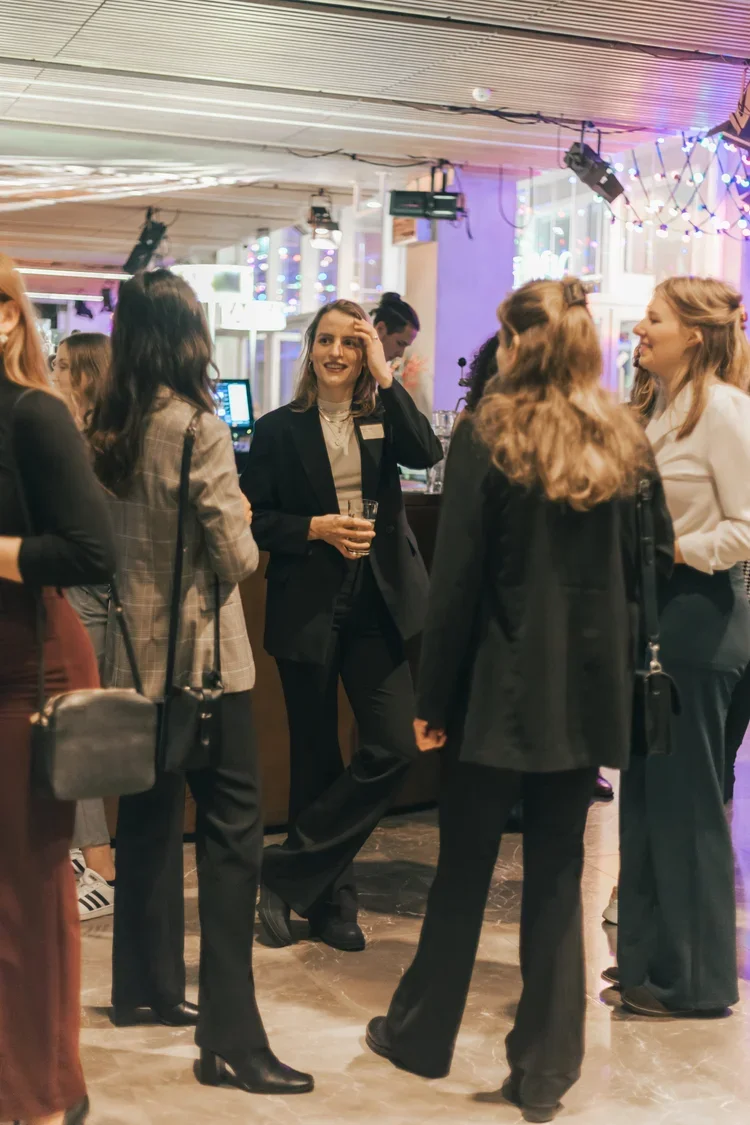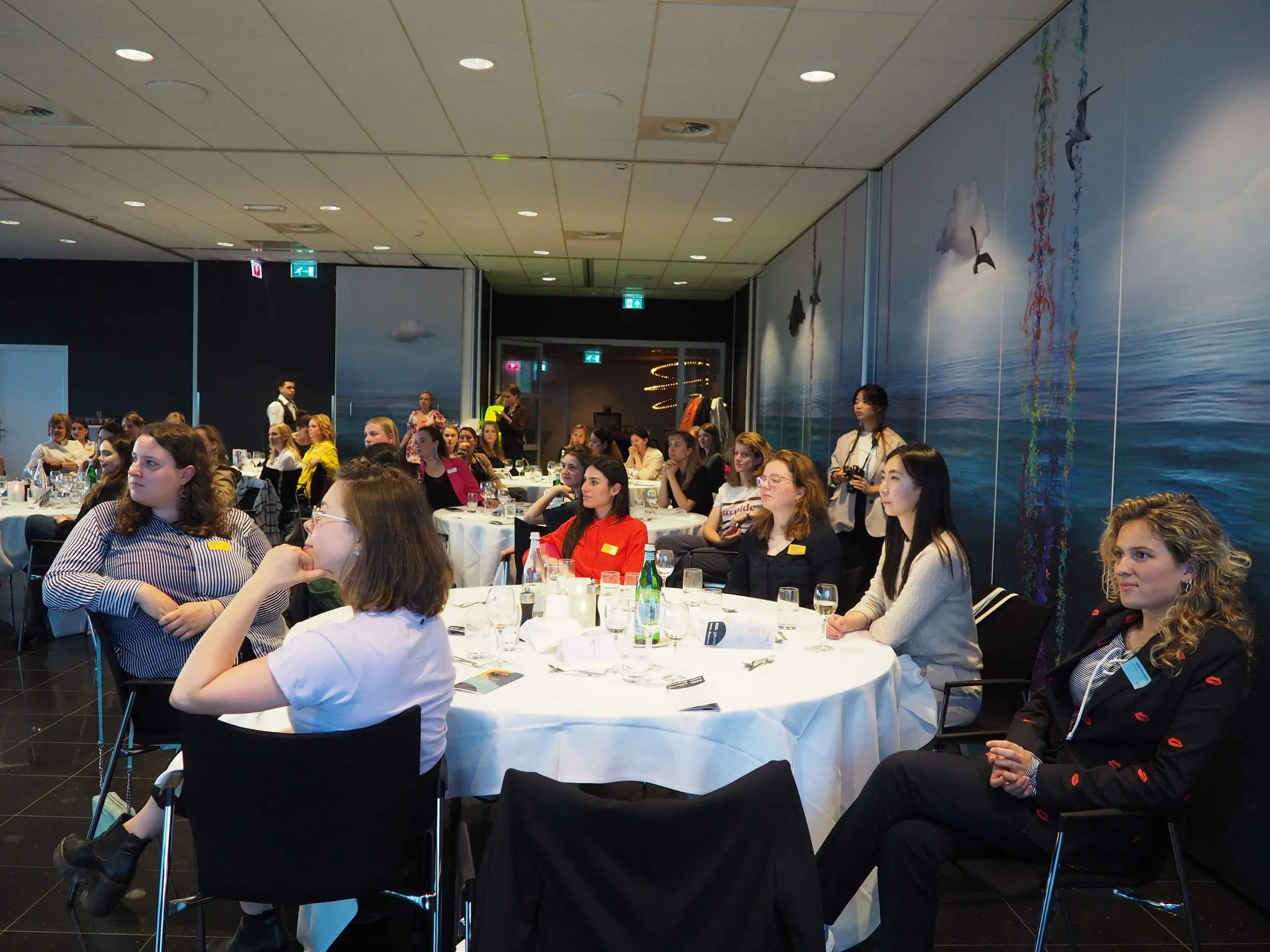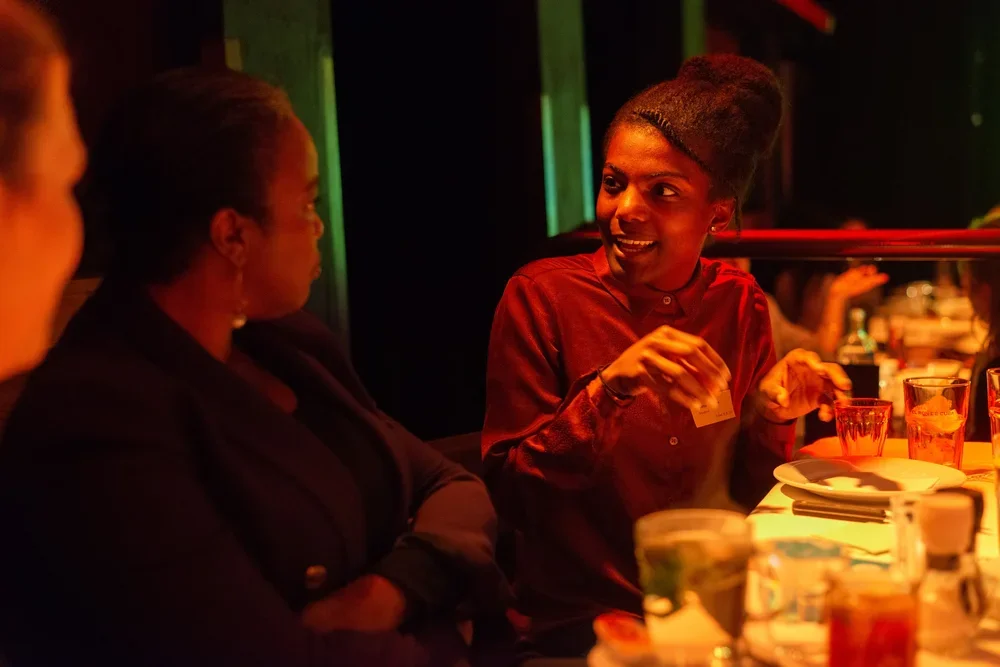
Librae is a community organized by women for women. We are dedicated to fostering gender equality among students in STEM*. We achieve this by empowering female students with a robust network that links them to inspirational role models, each other, and their own potential.
*STEM: Science, Technology, Engineering & Mathematics
Librae Programs 25/26’
Mentorship Program
Connect with a mentor and receive guidance and support in your career growth and attend 4 career trainings hosted by our company sponsors. Applications for Mentorship Program 12 [Spring 2026] are open until 6 February 2026!
Librae Networking Dinner
Our next dinner will be in the spring! Stay tuned for the opportunity to listen to inspiring speakers and network with role-models over a 3-course dinner!
Librae Symposium 2026: Rewrite HERstory
Owning our narratives. Learning from failure. Shaping the next chapter in STEM. 28 May 2026.
Sign up for our interest form to be the first to know when sign-ups open!
Coffee & Career
More details coming soon :)
Sign up for our interest form to be the first to know when sign-ups open!
Our events are possible thanks to our generous partners!
Interested in becoming a partner?
Previous Events
We connect women+ STEM students with inspiring role models and peer networks through year-round dinners and mentorship programs. By bridging students and companies, we empower women in STEM with opportunities for growth, careers, and lasting support.
Our Network
Over the past five years, Librae has reached 3,000+ women in STEM, building a powerful community through our growing talent database, curated newsletter, and exponential social media presence. We continue to expand our impact—online and offline.
Stay up to date with Librae!
In 2026, we will host a second networking dinner, a symposium which is all about normalizing imperfection and turning setbacks into strengths, and other events. Sign up for our newsletter, sent out monthly, and follow us on socials to stay up to date with all our events!
Librae Board
-

Anne Flier
CHAIR + PARTNERSHIPS
-

Lucy Zhang
PARTNERSHIPS
-

Vidhi Chopra
COMMUNITY AND CONTENT
-

Azra Ocak
SECRETARY + EVENTS
-

Lily Sullivan
TREASURER














